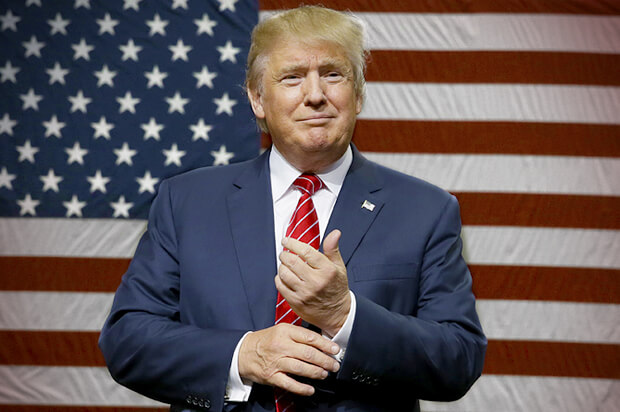If you omit Republican presidential candidate Donald Trump from the political side of gambling, you will notice that there has not been much media coverage of state and online casino issues for awhile. When state operated casinos made up a substantial part of state revenues during the lean years of the Great Recession, pro and anti-casino advocates were regular stories. Now, much of that has faded away and the truth seems to be that for all the moral and political hubbub that was once newsworthy, most people have settled into the idea of casinos as being neither an evil that needs to be extinguished, or one that is the savior of state and local economies.
What Happened?
Remember the Unlawful Internet Gambling Enforcement Act (UIGEA) of 2006? That was more than a decade ago and essentially erased the opportunity for the average player to gamble online. One of the sponsors of the act, former House Banking Commiteeman Jim Leach, made the case that gambling was that Internet gambling weakened the economy and negatively impacted the social fabric of the family. Whether or not there was a connection between banking interests and the last minute insertion of the legislation that was signed into law by then president George W. Bush is left for you to decide.
The moral grounds of the law seemed to have since been either diluted or have been proven to be unfounded. Family values were once a core political issue but have moved down the list of political priorities over the last decade. The issue of gambling of all types seemed to become a non-issue as by 2013 all but 10 states, mostly in the South, had some type of state-operated casinos within their borders.
Of course, the Great Recession of 2007 forced local legislators and people in general to deal with the problem of a shrinking budget and no easy solution in sight. State and local governments began to find ways to allow state-operated casinos to exist and not run up against the UIGEA. Personal and local economics largely dulled the importance of the UIGEA. Like the Prohibition Act of 1919 that banned alcohol, the moral (family) values argument made for the restriction was overshadowed by public demand and economics.
Why Should We Care?
It’s a fair question given the state of presidential politics these days. While many people are saying that the two major party candidates are a choice between the lesser of two evils, for the Internet gambler the news could not bet better! First, though the UIGEA was supported almost exclusively by Republican party legislators in 2006, the reality of Trump casinos almost guarantees that things will continue as normal for online players. Though Trump may be a bit erratic at times, hypocrisy in gaming has not been seen as an area of concern.
As for Hillary Clinton, the Democratic choice of leadership, if elected she will very likely not bother with UIGEA either. No fuss has been made about the issue, and for the last eight years the federal government’s attention has been diverted elsewhere. The danger though is that a Clinton presidency may consider taxing Internet gambling with a corresponding set of regulations. That would be very bad for players, though there is a relatively small chance of that happening.
The earlier mention of the Prohibition Act resulted in heavy taxes on liquor that are still in place today. It took 14 years for the law to be repealed but it was thought by many illegal consumers it was better for the government to have the money than the mobsters. That is not the case for Internet gambling, (for the most part) unless you want to count state regulatory agencies as skimming the profits of the state-operated casinos off the top. Again, that is something you will need to decide for yourself.
Realistic Choices
The whole idea of Internet gambling was not something that was conjured up by some Las Vegas casino mogul. It was a natural extension of the advancement of technology, specifically the Internet and home computers. No longer did the average person have to travel to Las Vegas or Atlantic City to have some fun gaming, which could cost hundreds of dollars in addition to the money you planned to spend gambling. It was simple, relatively inexpensive to set up, and could be done any time of the day or night. It was freedom at its best when it came to enjoying your favorite slot machine or poker game.
Now state-operated casinos have moved to center stage for most states, and a large majority of them are open 24 hours a day to accommodate the players. But once again, technology has affected the gaming arena because with mobile devices you don’t even need to be at home sitting in front of a computer to play. Nevada is one state that has moved into Internet gambling on an experimental level. The results of the experiment are still pending. But if Las Vegas casino owners are venturing into the Internet, can other companies be far behind if the experiment is successful?
For players of all kinds, the great news is that all of this is giving multiple options for playing anywhere and everywhere. The UIGEA seems to be fading into the past, and will likely be repealed or allowed to expire should the issue come to the front in the future. Internet gaming can become a tax issue if government at any level begin looking for new sources of revenue.
A few questions for you to consider. Do you prefer online gaming to local casinos? Do you believe your winnings are overtaxed, especially if you win big? If the answer to both of these questions is yes, you may want to pay close attention to the upcoming elections.







